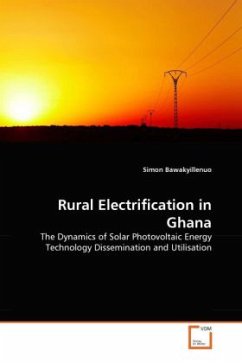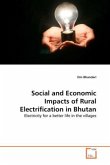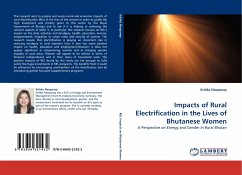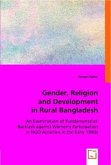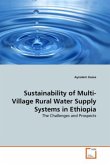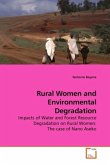In recent times, considerable advocacy has taken place in both academia and non-academic platforms about solar PV energy technology serving as a panacea to the energy problems of rural populations in developing countries especially, Sub-Sahara Africa, whilst also helping to reduce greenhouse gas emissions. Notwithstanding this great advocacy, the literature on the dissemination of this technology has been incomplete in fostering understanding on the discourses surrounding its low dissemination rates particularly, in Ghana compared to other countries such as Kenya and Zimbabwe; the sustainability of installed solar PV systems; and the usefulness of solar PV in serving the needs of the rural poor. Underpinned by the Social Construction of Technology Theory (SCOT), this book has explored the energy perspectives of Ghana, the dynamics of rural electrification, and the interplay of processes and forces informing the low adoption of solar PV in rural Ghana, compared to Kenya and Zimbabwe. Findings of the book have implications for PV technology supply approaches in rural areas, and should be useful to governments, energy planners, researchers, students and renewable energy companies.
